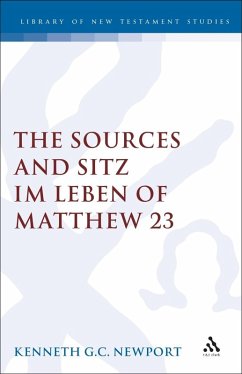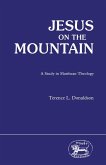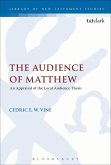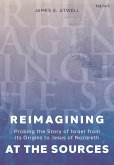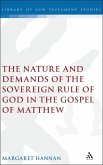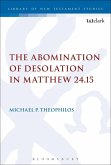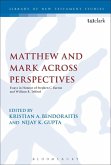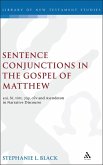Matthew 23 presents the New Testament scholar with many problems. Not the least of these is the unequivocal acceptance of Pharisaic authority in vv. 2-3. In the same chapter the tithing of mint, dill and cummin is affirmed (v. 23) and the altar is said still to sanctify the gift (v. 19). This material seems out of place within the broader context of Matthew's Gospel. This study examines the origin and function of such material and argues that the bulk of the chapter (vv. 2-31) is formed from a single unified source and cannot be explained in terms of Matthew's editing of Q, M and Markan material. The focus of the criticism found in these verses is that the Pharisees are too slack: they strain gnats but swallow camels (v. 24), they 'say but do not do' (v. 4). To this unified source material, however, the evangelist has added his own (vv. 32-39) and by it launches an attack not just upon the Pharisees and scribes, but 'Jerusalem' and her children as a whole. Matthew therefore both heightens the polemic and extends its range.
Bitte wählen Sie Ihr Anliegen aus.
Rechnungen
Retourenschein anfordern
Bestellstatus
Storno

